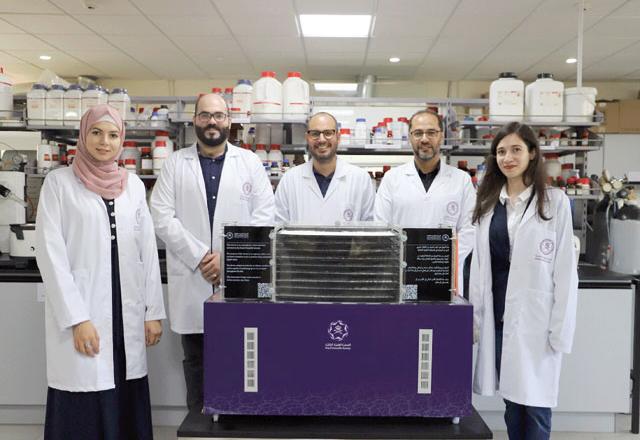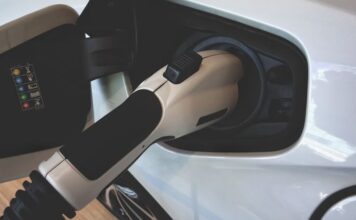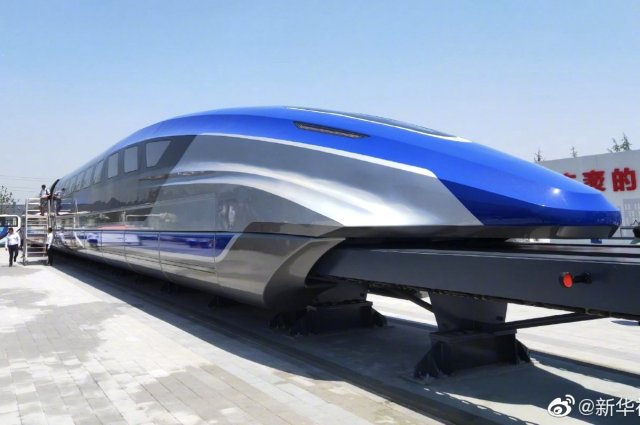Jordan Times reported that a research team from the Royal Scientific Society (RSS), Jordan’s largest research institution, has developed a machine that can extract drinking water from dry air.
The RSS states that Jordan is the world’s poorest country in terms of water resources, water is depleted faster than it can be replenished, and climate change is making it worse. As a solution to this challenge, the RSS Center for Advanced Study team set out to develop a solution three years ago.
By treating the atmosphere as an undeveloped reservoir, the researchers concluded that by using water vapor in the form of moisture, they could produce up to 35 liters of water per day, even in Jordan’s dry desert conditions. The process can be carried out several times a day to ensure a constant supply of clean drinking water.
The research team, led by RSS scientific research director Kyle E. Cordova and scientist Husam Al Massad, designed a new atmospheric water harvester that captures and collects ambient moist air and condenses it into water. The device has undergone a rigorous trial process and has been approved. The research and development results were published in the renowned scientific journal Nature Communications.

The device uses a porous molecular sponge to efficiently and selectively capture and condense water vapor from dry desert air. When the molecular sponge is full, the water is released by increasing the air temperature and condenses into filtered water for human use. The process can be powered by solar energy.
The team’s report details how the device, powered by a proprietary algorithm, monitors climate fluctuations to continuously optimize water production and power consumption, resulting in a threefold increase in daily water production that can be sustained even in arid deserts. Moreover, the water production cost is as low as 6.5 cents per liter and the water quality meets Jordan’s national drinking standards.
RSS has registered a global patent and acquired AquaPoro Ventures Ltd with the goal of manufacturing equipment in Jordan to provide self-sufficient and safe water in homes by mid 2023. commercialized through RSS sees this new technology as a complementary tool needed to provide lasting global water solutions.




